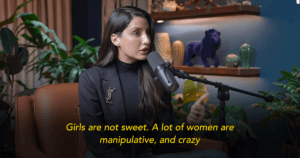Director Iram Haq’s Norwegian drama What Will People Say, starring Adil Hussain and Maria Mozhdah in lead roles, was Norway’s official selection for TIFF and Oscars.
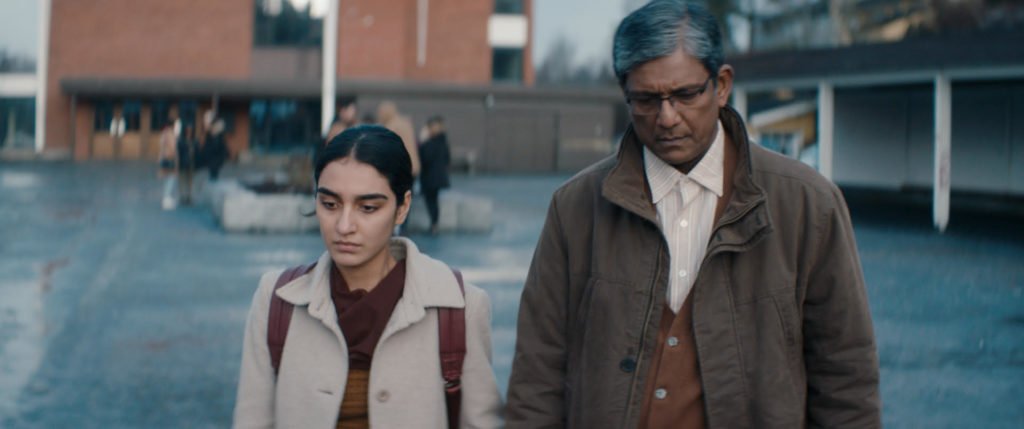
The movie, that has already won four Norwegian National awards, including the award for Best Actor in a Leading Role (to Adil Hussain), is a heart-wrenching tale of rift between immigrant families, that arises when diverse ideologies cause a sense of duty to supersede love.
Here is the #AmandaAwards Norwegian National Award for the best Actor in a Leading Role for#WhatWillPeopleSay by @iramhaq pic.twitter.com/h4djqDbZzX
— Adil hussain (@_AdilHussain) August 20, 2018
Here is why this coming-of-age drama, that is now available on Netflix, is worth a watch:
*SPOILERS AHEAD*
1. The harsh but relatable storyline that explores the problems arising out of the generation gap.
Our parents and we are part of two very different generations, and reaching a common point of understanding is an ongoing struggle for most of us.

In the case of immigrant families, parents often stick a little too strongly to their beliefs – no matter how illogical – in a struggle to retain their cultural identity.

It is this same struggle that becomes Nisha’s (Maria Mozhdah) bane of existence in the movie. What makes it relatable is when her behavior oscillates between rebelliousness and submissiveness, in an attempt to understand her parents and yet, alleviate her own situation.
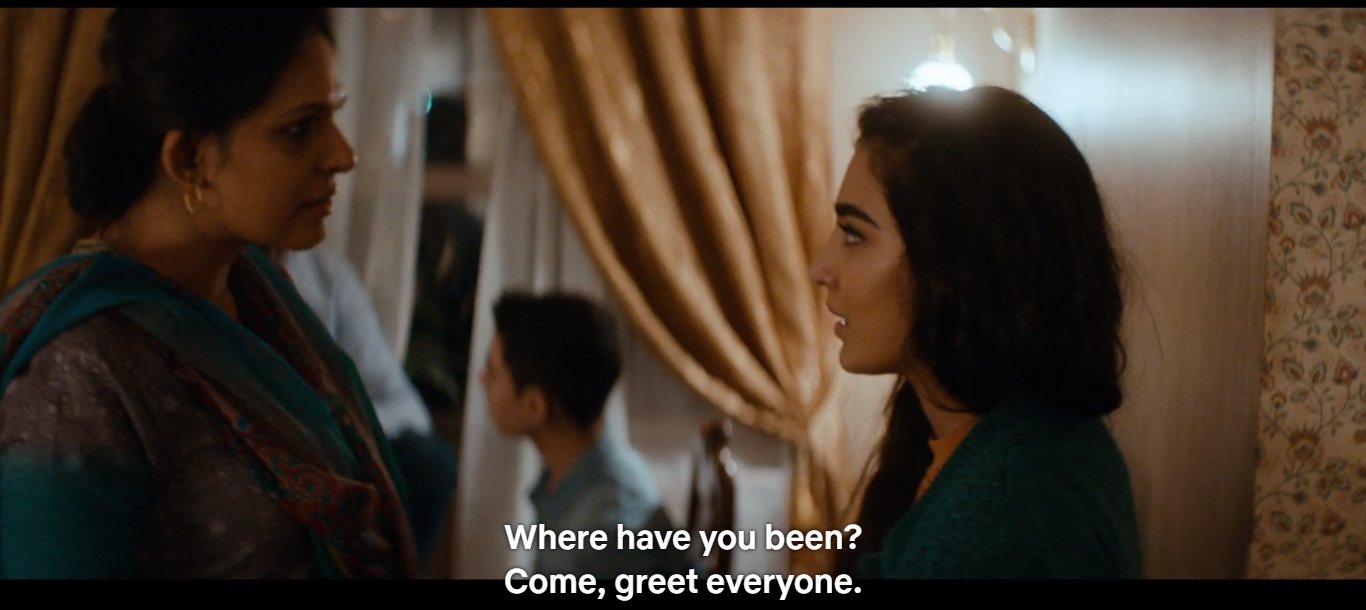
2. The movie depicts one of the most real but flawed father-daughter relationships.
Mirza (Adil Hussain) and Nisha (Maria Mozhdah) share the kind of father-daughter relationship that touches a nerve.
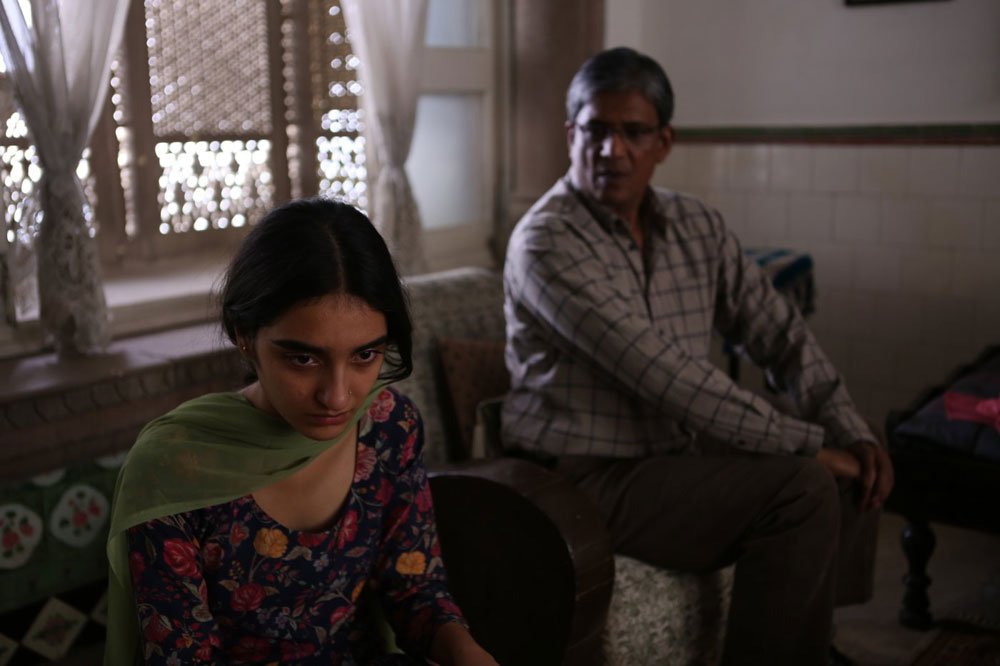
At the start, it is evident that Mirza is not just fond of her daughter, but also proud of her, and wants to see her grow into an accomplished woman.

And yet, as the movie progresses, his orthodox beliefs chip away his affection, leaving him a man torn at his own actions.
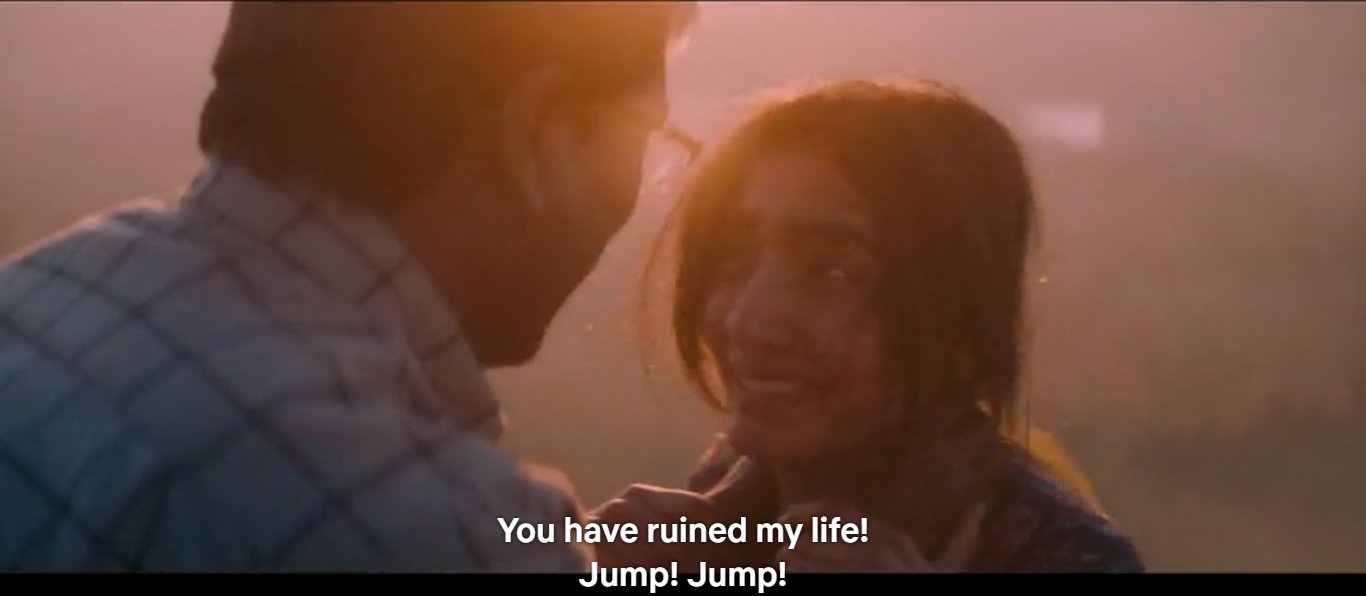
3. The depiction of how even women in the family – who young girls count as their biggest ally can become your biggest foe.
The two characters in the movie who actually stand out for being strict to a fault, and completely misunderstand Nisha are her mom and paternal aunt.
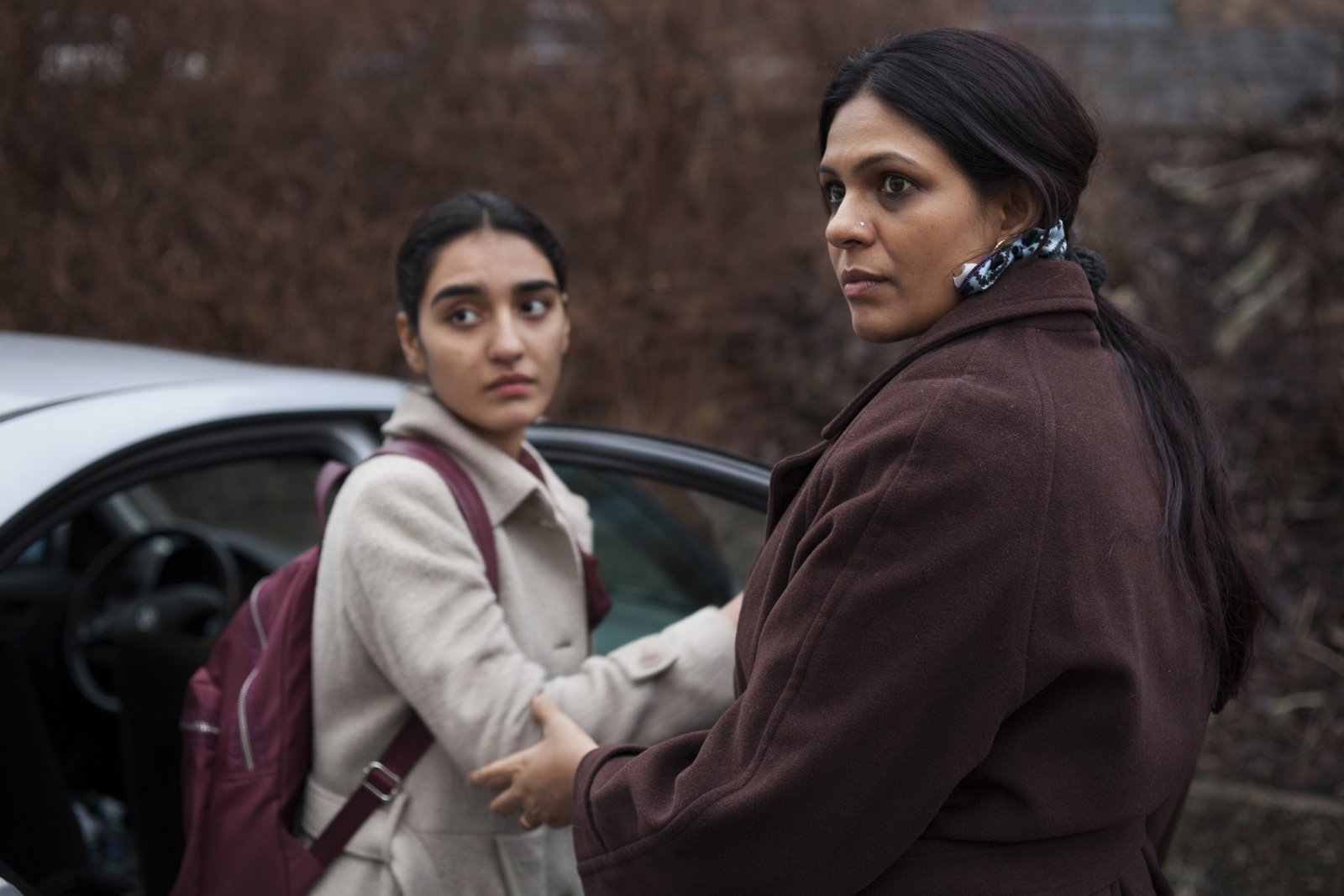
Despite being women themselves, they have internalized the patriarchal culture to the point where they expect women to be submissive, and fit the mold.
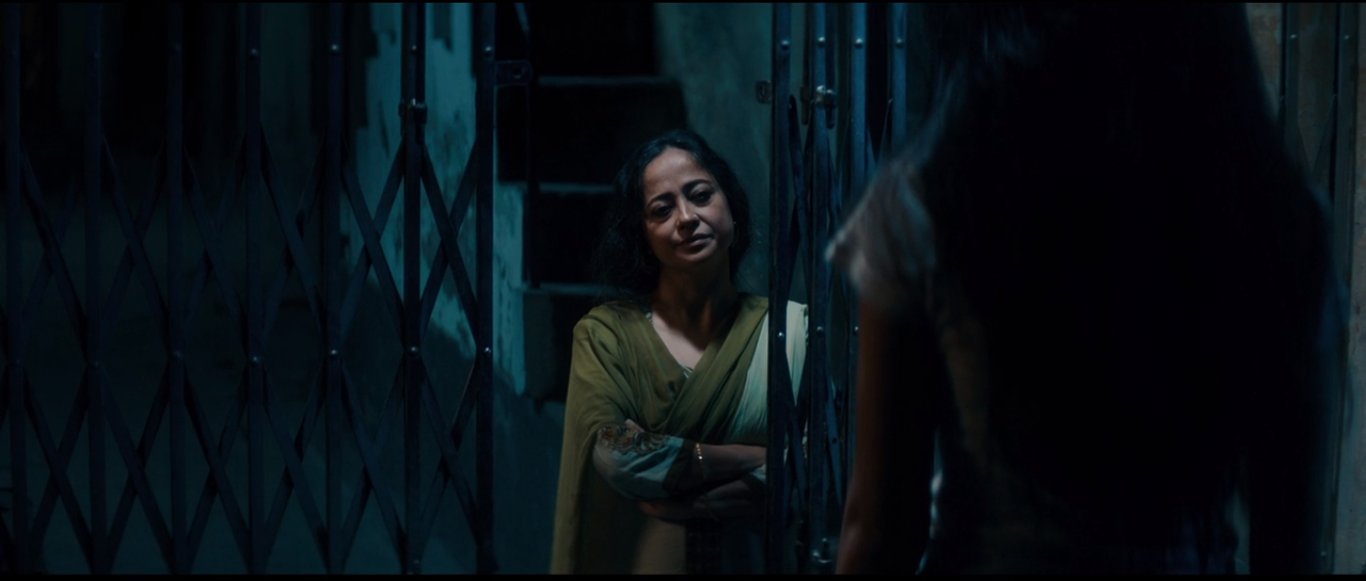
For example, even when her own husband asks her to dance, Nisha’s mom (Ekavali Khanna) is quick to point out that dancing in front of friends is not the ‘proper thing’ to do.
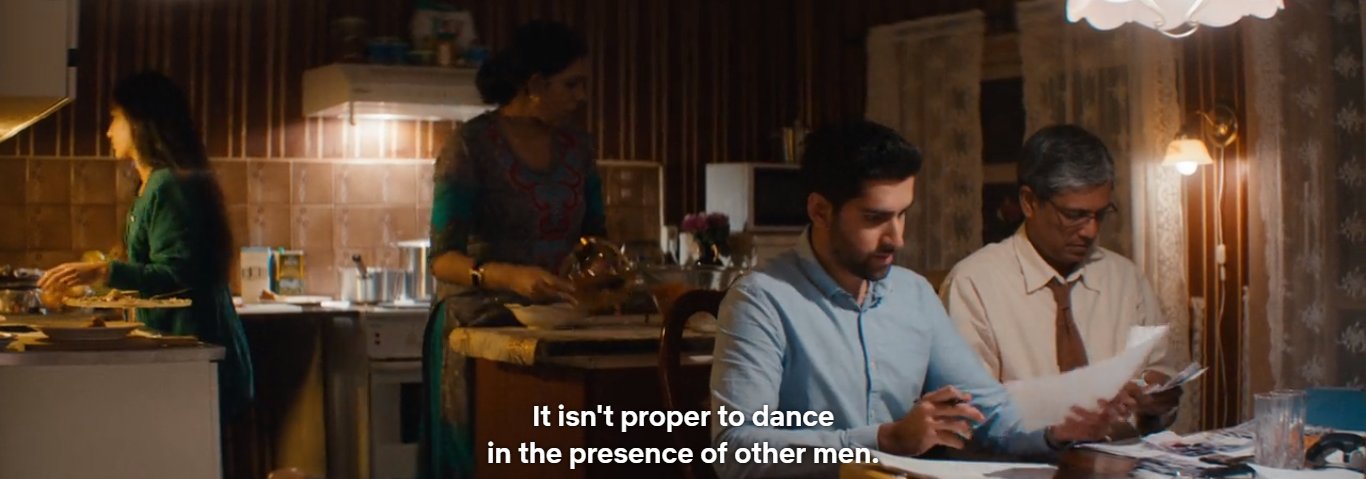
She also constantly threatens her daughter into submission. The question of trying to understand her situation, or even sympathize with her never arises.
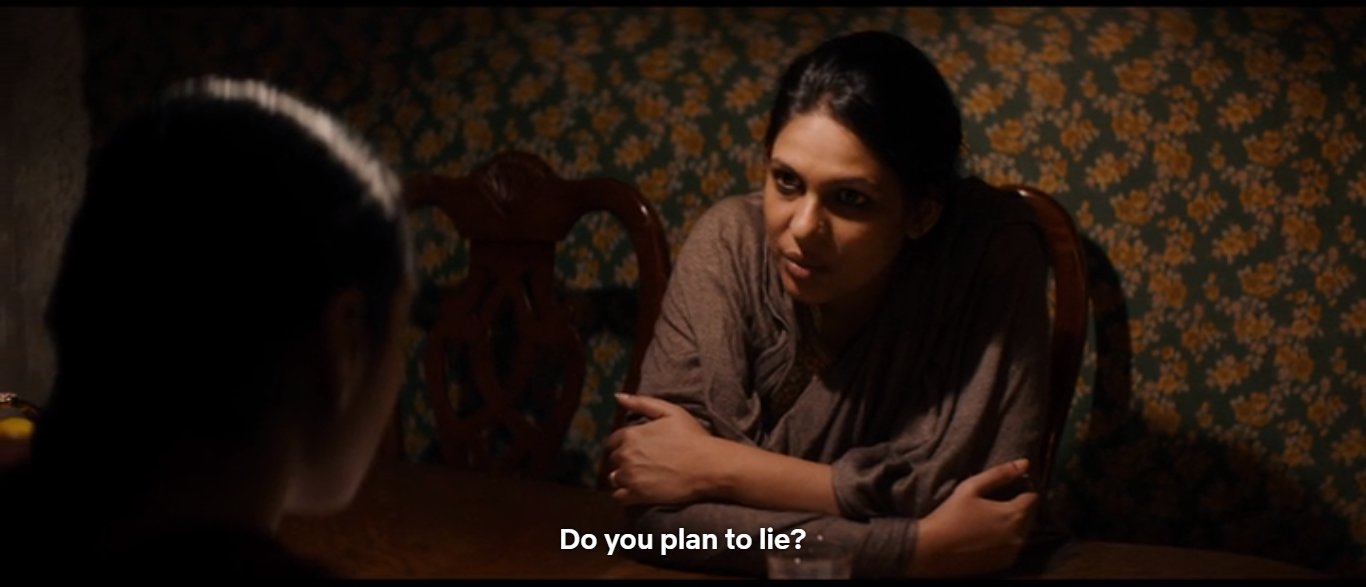
Similarly, when Nisha and her cousin are caught by the police for kissing in public, her aunt (Sheeba Chaddha) wastes no time in putting the complete blame on Nisha.
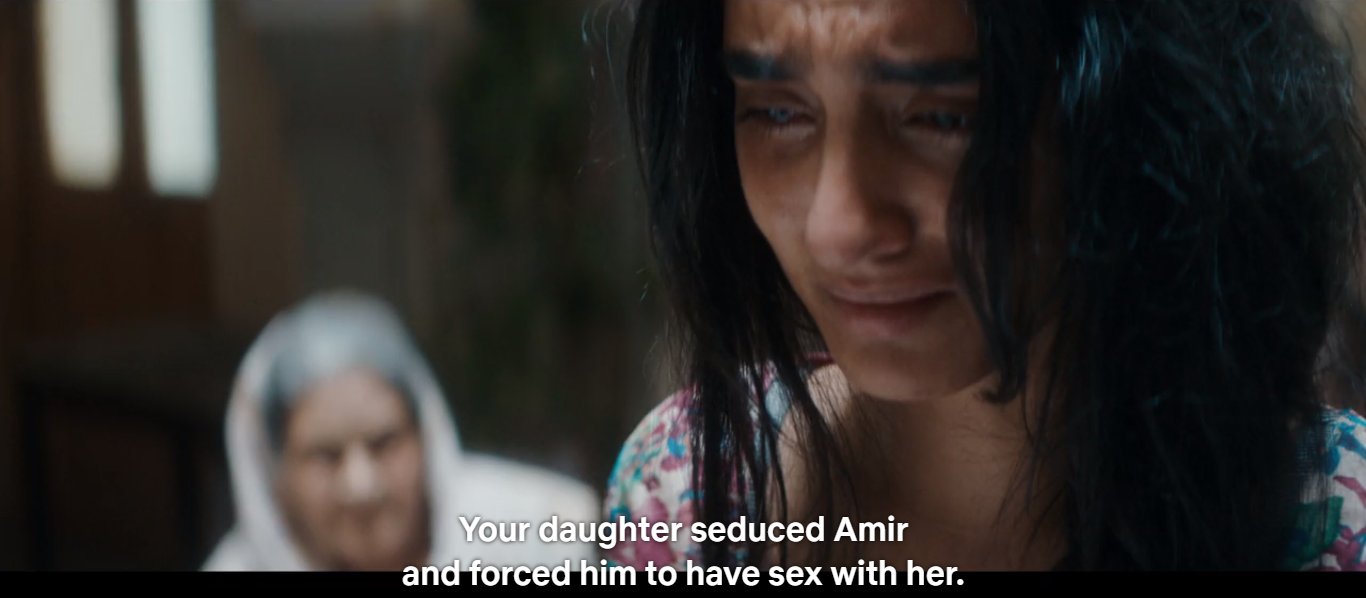
4. It is a drama that expertly combines elements of suspense throughout the movie.
Whether you categorize the movie as a coming-of-age drama or family drama, there is no denying the subtle yet powerful element of suspense the movie keeps building on – right to the very end.
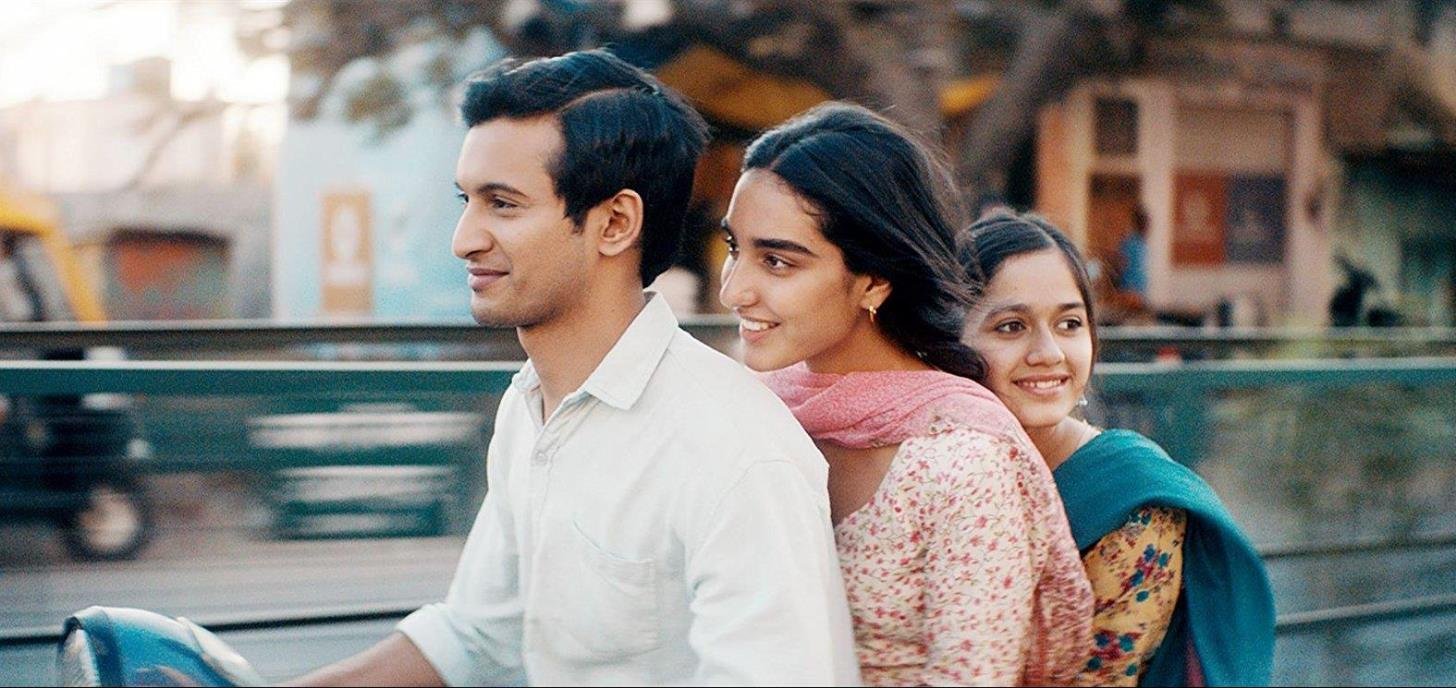
It is this suspense that keeps you hooked to the story, even as you observe the protagonist’s predicament with helpless anguish.

The suspense keeps the audience completely invested in the life and actions of all the characters.
5. Adil Hussain’s flawless performance that completely justifies his Norwegian National Film Award.
The way in which Adil Hussain showcases myriad emotions in a span of seconds shows off his acting prowess much to the delight of cinephiles.
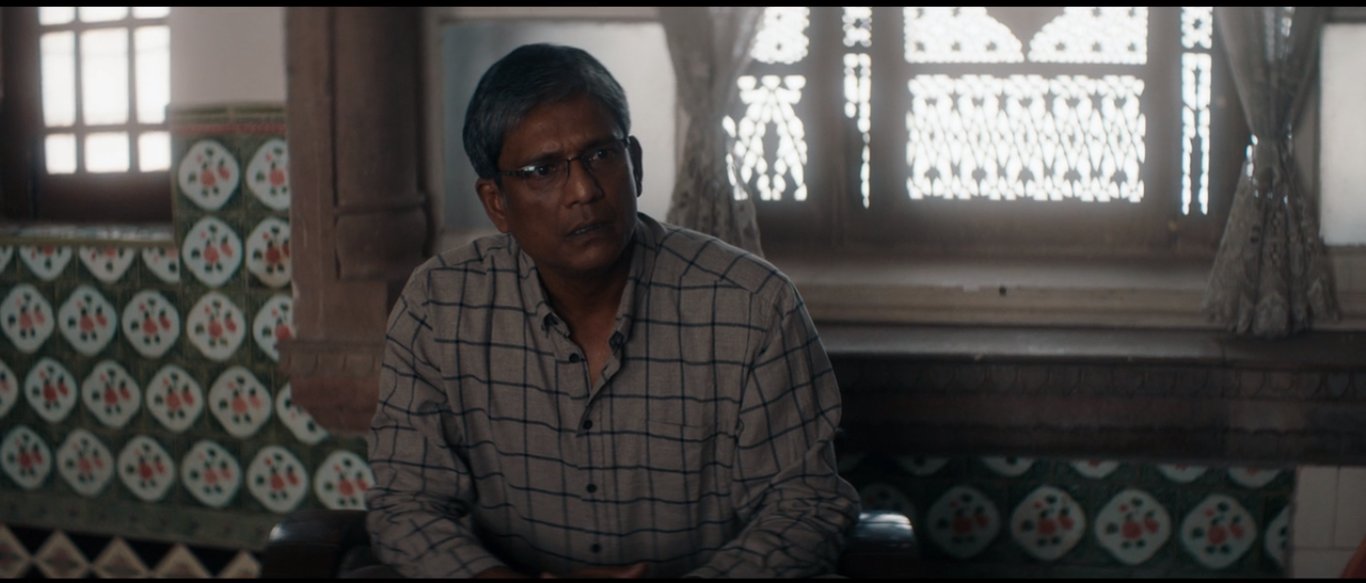
At one moment he is literally threatening his daughter to jump to her suicide, only to break down at the situation at the next second.
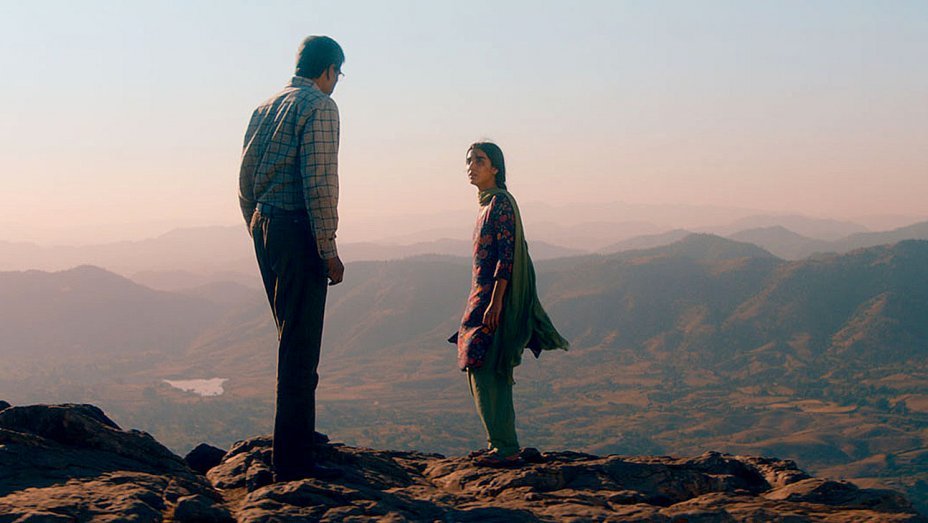

Similarly is the scene where he is happy that his daughter will get married, but suddenly disappointed at the fact that this his daughter’s in-laws will not let her work or even finish her education.

In most of these moments, Adil lets his expressions do the talking, and the message is still conveyed clearly.
6. The movie has one of the most powerful debut performances ever by actor Maria Mozhdah.
Maria Mozhdah who plays the lead character of Nisha shines as the troubled 16-year-old caught in a situation that forces her to mature beyond her years.

You can literally see her personality transition over the course of the movie, and that in itself is a great feat to achieve.

Even though she is brilliant throughout the movie, the one scene that starkly stands out is when she agrees to an arranged marriage.
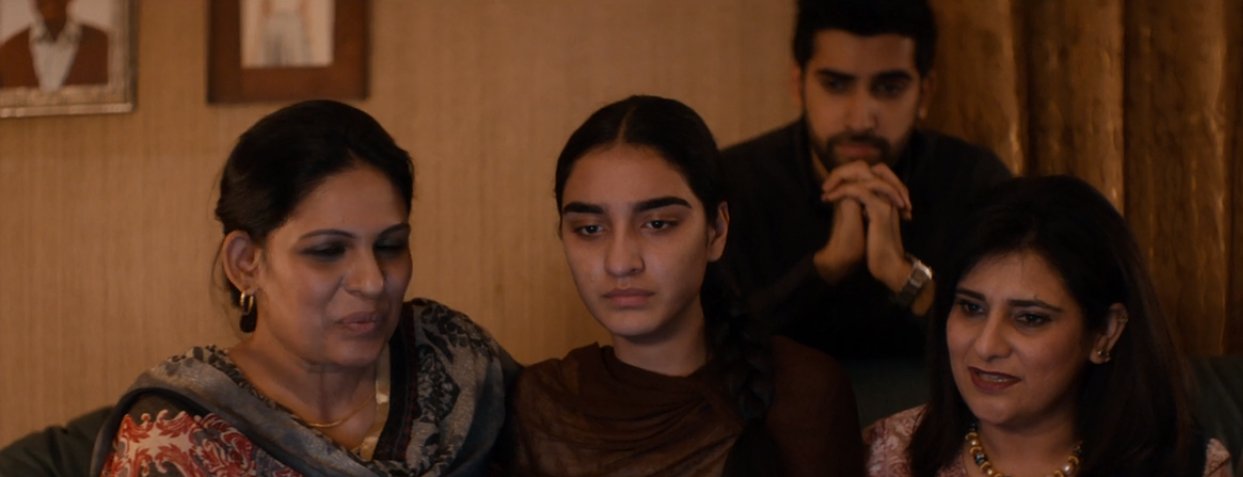
Her gestures – from the stiff shoulders to the downcast but pained eyes – speak far more than her feeble nod (indicating a forced yes to the marriage).
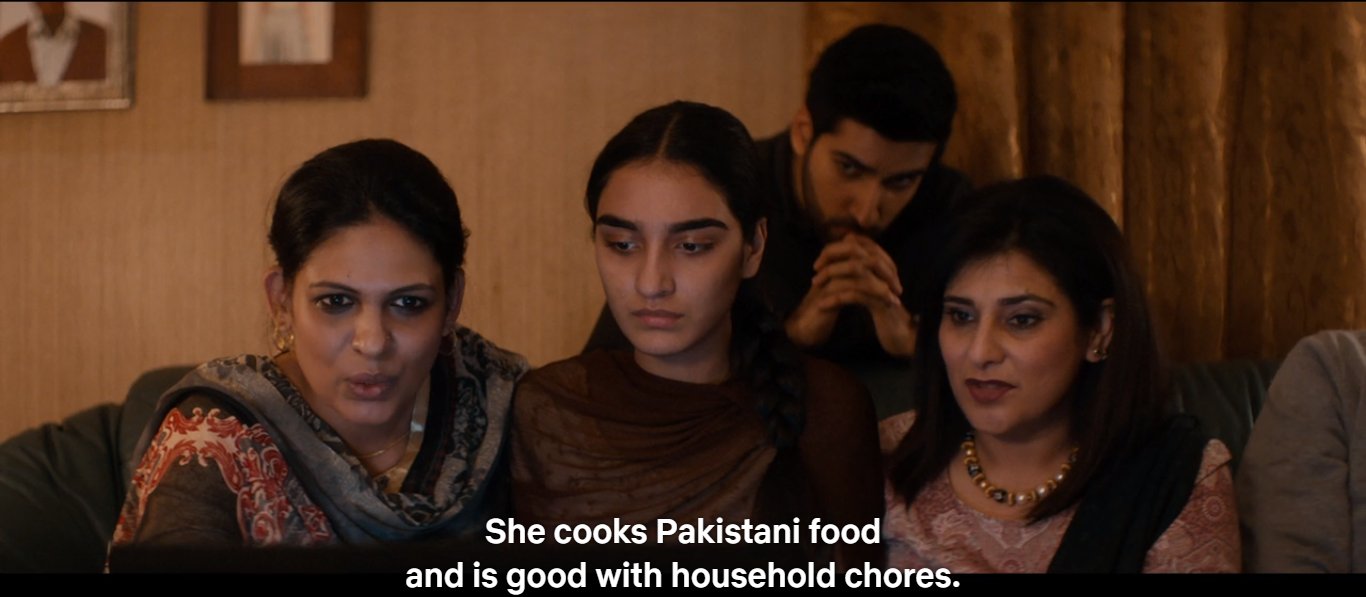
The last fifteen minutes of the movie are just a testament to her talent, where she does not have a single complete dialogue, and yet this is when you most acutely feel her pain.
7. Certain scenes are significantly high on shock value but not depicted crudely.
There are many scenes that leave the audience reeling in shock or emotionally distraught. But at no point does the movie rely on a physically jarring shot to keep the audience emotionally invested – it’s rather the way the scene builds up (and of course the expert acting and direction) that leaves an impact.
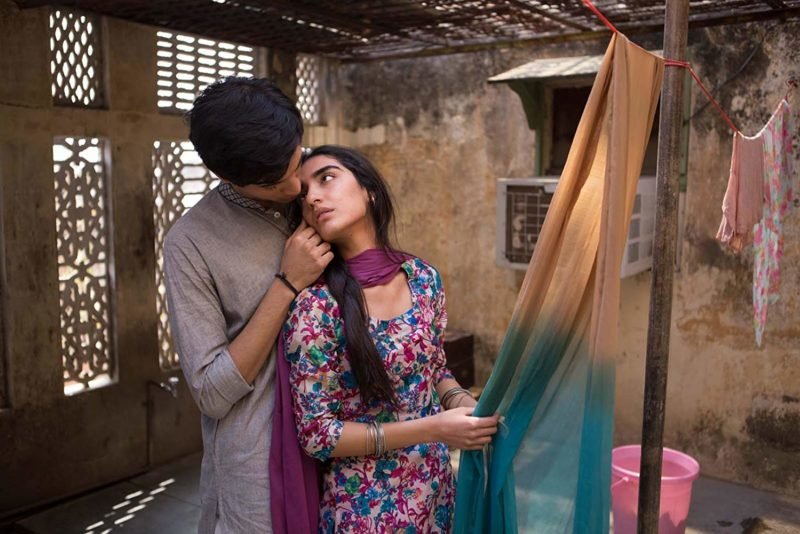
For example, when Nisha and her cousin are caught making out in the public, the police manipulates the situation and force the two to get photos clicked in the act; so they can exploit the family for money.
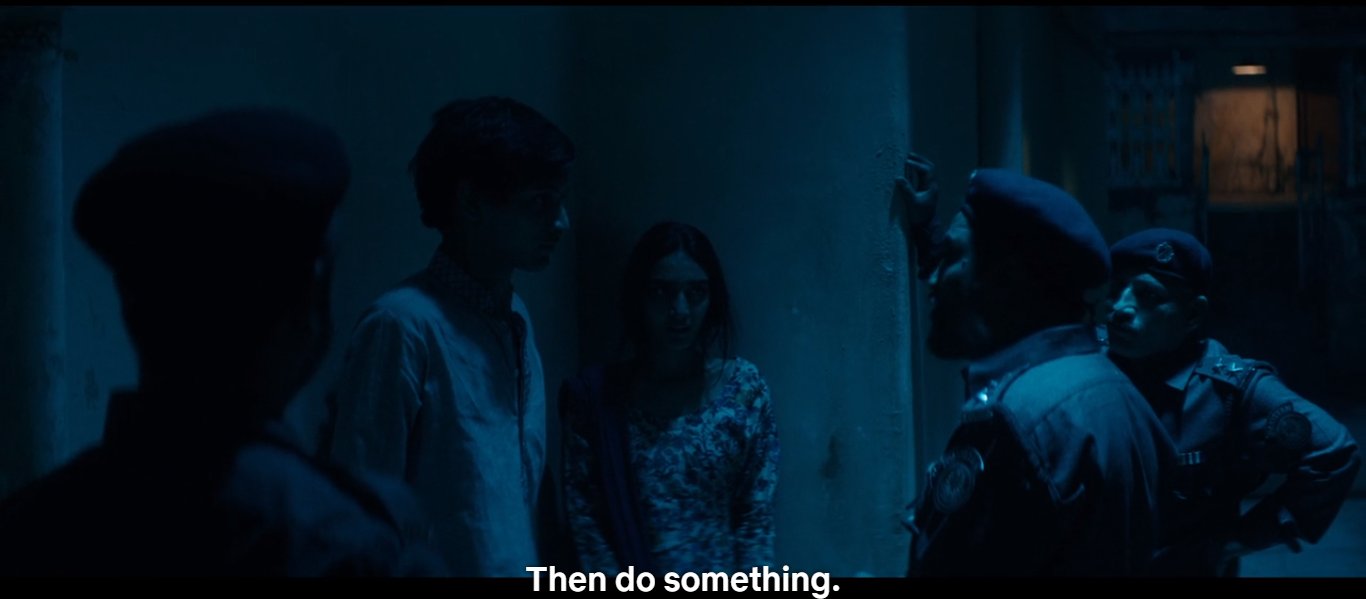
The audacity of the action leaves you in a state of shock, but at no point does the scene veer into a crude representation.
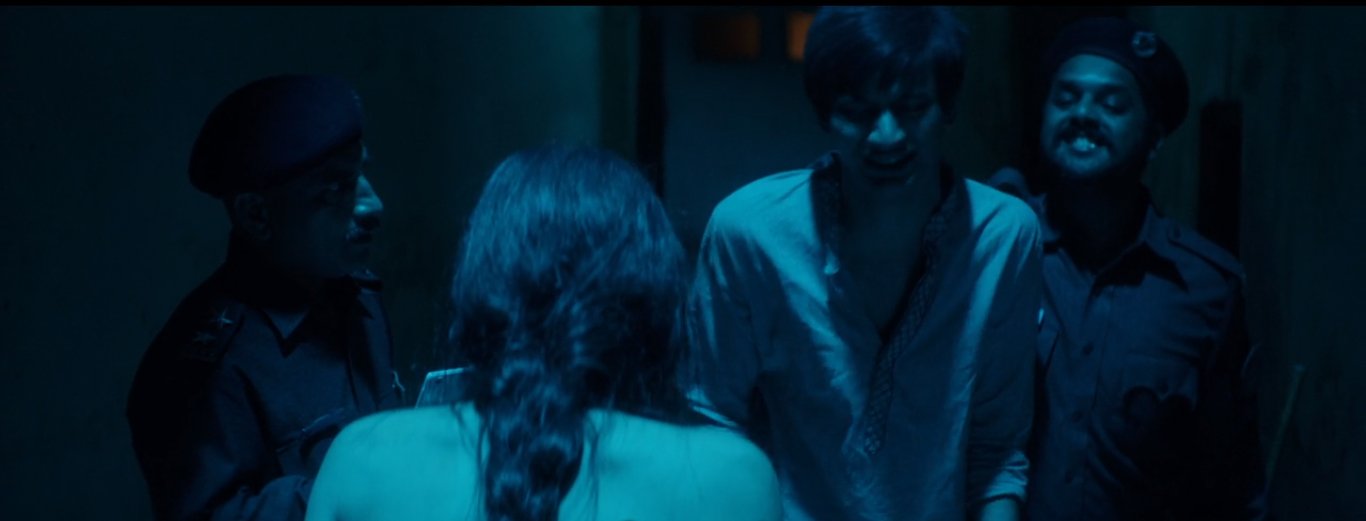
8. The unsettling ending leaves you thinking long after the movie is over.
The movie is characterized by the kind of frustration where you keep rooting for something positive to happen to Nisha, only to see her face one mishap after the other.
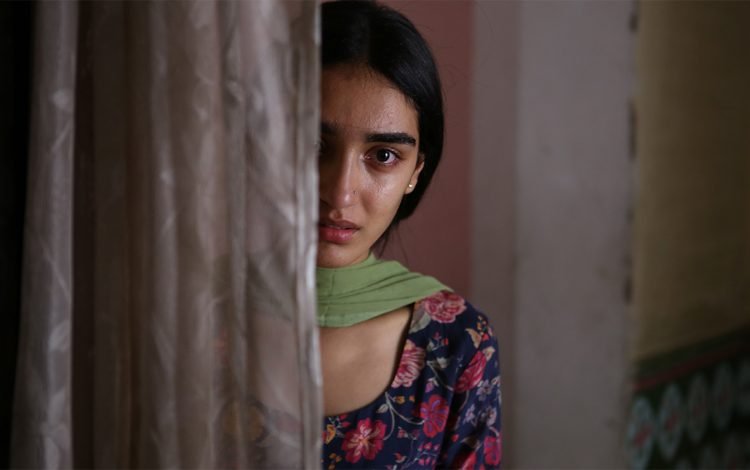
But the ending is powerful and thought-provoking at the same time.
When you feel that her family and circumstances have leeched Nisha of even her basic survival instincts, let alone her normal teenager rebellious streak, she takes a hard decision and charts a whole different course for her self.

At the same time, you are left confused on whether Mirza’s acceptance of her daughter’s last action is borne out of love or hatred for her (personally, I am bending towards love), but it is a grudging acceptance indeed.
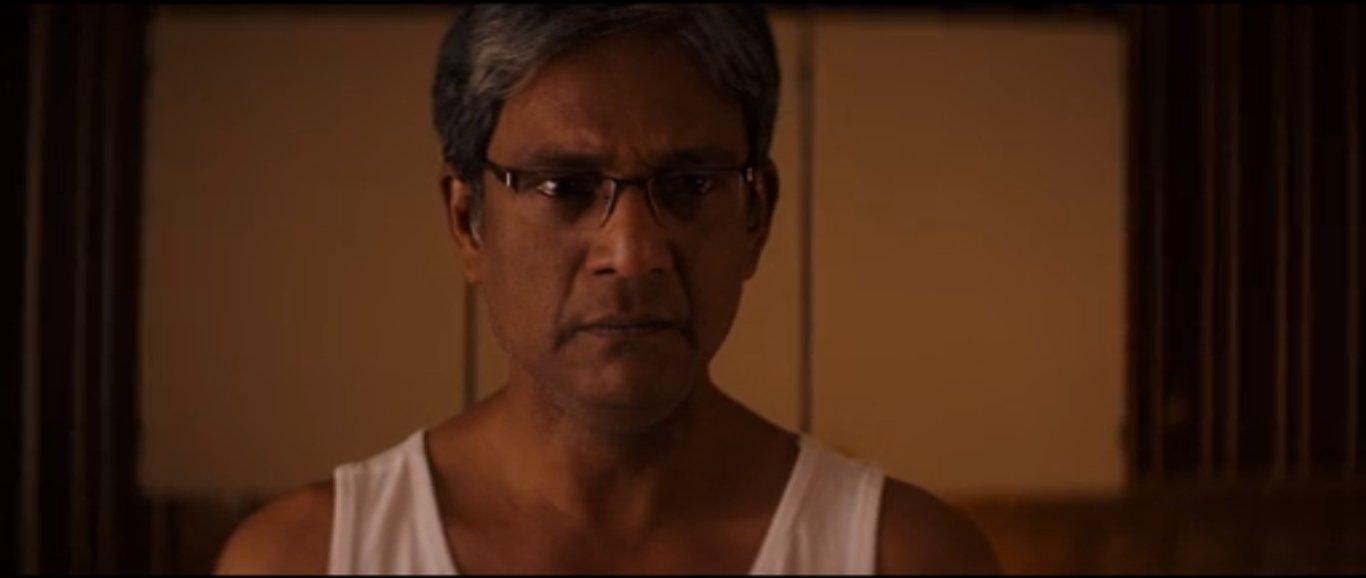
This is not a movie without flaws (Nisha’s extremely naive outlook of certain situations and a highly stereotypical depiction of a third world country are the first thoughts that come to mind), but it is definitely a movie worth a watch.
All images from Netflix, unless otherwise specified.




